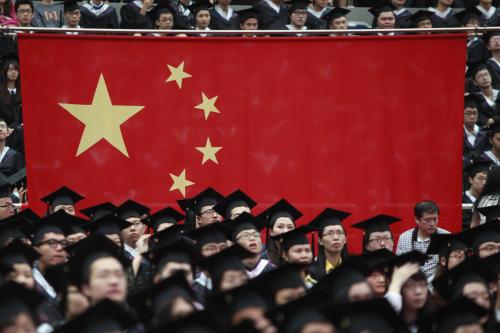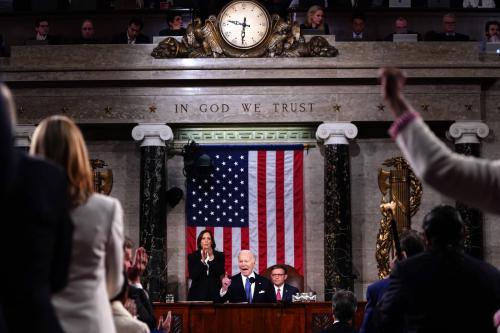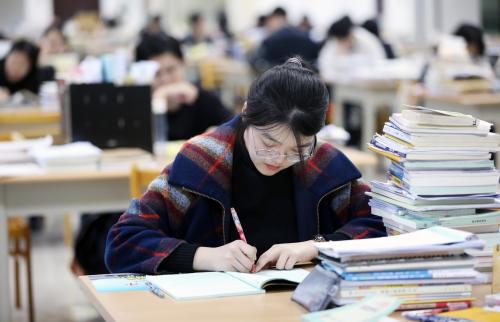In advance of President Obama’s trip to Mexico and Costa Rica later this week, Brookings scholars Ted Piccone, Joshua Meltzer, Neil Ruiz and Diana Negroponte discuss the main priorities on the agenda between the United States, Mexico and Costa Rica. Topics covered include: expanding trade and economic cooperation between the U.S., Mexico and Central America, U.S. immigration reform, border security, drugs, crime and violence in Mexico and Central America, energy cooperation, and local politics in Mexico.
Read the transcript » (PDF)
“I think there has a been a view around for awhile now that the bilateral relationship at least with Mexico has been dominated by drugs and violence. And I think there is going to be a concerted effort here to refocus attention on to the depth and size of the economic relationship.” — Joshua Meltzer
“It’s a second term trip for the president, but its early in his second term and I think he’s got a lot of heavy lifting still to do on issues that are particularly important to Latin America and especially important to Mexico and Central America. These issues [jobs and the economy, immigration, security] are not the typical ones on the foreign policy agenda. These are issues that are bread and butter, hot-button domestic political issues but they are very important to the Latins, particularly in Mexico and Central America.” — Ted Piccone
“Immigration is a hot button issue of course. It’s something that is still alive here in the U.S. There’s no reform yet to report back to Mexican and Central American leaders. But these meetings actually set the stage for building the relationship for working together once immigration reform is implemented into law.” —Neil Ruiz
“This is a time when Enrique Pena Nieto, the newly elected Mexican president, has got a chance to really celebrate the strength of the Mexican economy: 3.5 percent GDP growth this year, 3.9 percent GDP growth last year… [and] a growing middle class, which means more people with a car and an ability to take a vacation, with iPods, with cellular telephones, and more mobile.” —Diana Negroponte



Commentary
A Conversation on President Obama’s Trip to Mexico and Costa Rica
May 1, 2013